Olaf Scholz of Germany Calls Putin for the First Time Since 2022 to Encourage Ukraine to Talk
“Germany’s unwavering determination to support Ukraine in its fight against Russian aggression for as long as necessary” was another point Scholz emphasised.
In their first phone conversation in nearly two years, German Chancellor Olaf Scholz urged Russian President Vladimir Putin to hold peace negotiations with Ukraine on Friday.
According to Steffen Hebestreit, the chancellor’s spokesperson, Scholz “condemned Russia’s war of aggression against Ukraine and called on President Putin to end it and withdraw troops” during the call.
In a statement, Hebestreit also said that the German leader “urged Russia to show willingness to negotiate with Ukraine with the aim of achieving just and lasting peace.”
“Germany’s unwavering determination to support Ukraine in its fight against Russian aggression for as long as necessary” was another point Scholz emphasised.
The call is made at a pivotal point in the conflict. The election of Donald Trump in the US has raised questions about Washington’s continued support for Kyiv, and Ukrainian troops are facing pressure.
The German side made the call, and the Kremlin said Putin and Scholz had a “detailed and frank exchange of views over the situation in Ukraine.”
Any pact to end the conflict in Ukraine “should take into account the security interests of the Russian Federation,” Putin told Scholz, adding the Kremlin.
“Proceed from the new territorial realities and, most importantly, address the root causes of the conflict” is how an agreement should be formulated.
Contact with Ukraine
According to Scholz’s spokesperson, Scholz had a conversation with Ukrainian President Volodymyr Zelensky prior to answering the phone from Putin.
Speaking “beforehand and will do so again after the conversation with the Russian president,” the spokesman said, the German and Ukrainian leaders communicated.
Since December 2022, Scholz and Putin have not spoken to one another until the call.
Scholz “particularly condemned the Russian air strikes against civilian infrastructure in Ukraine” during the one-hour call, according to a German government source.
As the source went on to say, “He made it clear that sending North Korean soldiers to Russia for combat missions against Ukraine would lead to a serious escalation and expansion of the conflict.”
The German and Russian leaders had “agreed to remain in contact,” and Berlin would update NATO and European Union allies during the negotiations.
The last known phone conversation between the head of the Kremlin and the head of a major Western nation was Scholz’s conversation with Putin in December 2022.
Since 2022, when Russia was subjected to severe sanctions by the US and EU for initiating its surprise Ukraine offensive, Putin has rarely addressed Western leaders or NATO.
Putin keeps in touch with Turkish President Recep Tayyip Erdogan and Hungarian Prime Minister Viktor Orban, who opposes Western policy towards Russia, within the NATO bloc.
The Trump factor
Russia launched its full-scale invasion of Ukraine in February 2022, and Ukraine is preparing for the most challenging winter to date.
Russian bombardment has destroyed much of Ukraine’s energy infrastructure, and Kyiv’s troops are becoming more and more vulnerable.
Second only to the United States in terms of aid sent to Kyiv, Germany has been one of Ukraine’s most significant military backers.
However, Trump’s election has raised doubts about Washington’s ongoing support after he criticised aid to Ukraine during the campaign.
Trump has stated that he would speak with Putin directly and claimed during the campaign that he could put an end to the fighting in a matter of hours.
The Kremlin has denied reports that Putin and the US president-elect recently discussed the Ukraine conflict over the phone.
Scholz, who did speak with Trump following his election win, told the German daily Sueddeutsche Zeitung on Friday that the incoming US leader had a “more nuanced” position on the conflict than was commonly thought.
Polish Prime Minister Donald Tusk claimed to have received an update on the conversation from the German leader after the Putin-Scholz call.
On social media site X, Tusk expressed his satisfaction that Scholz had “reiterated the Polish position: ‘Nothing about Ukraine without Ukraine’.”


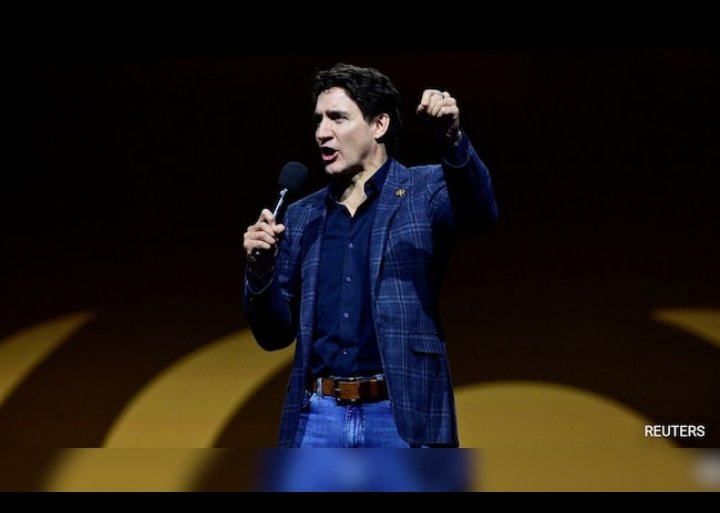
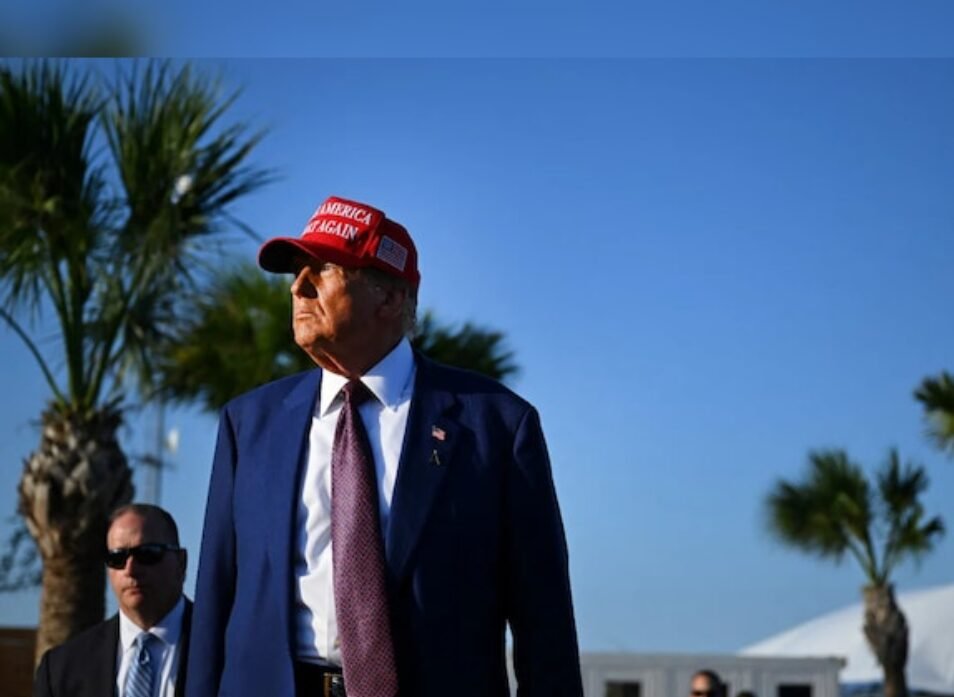

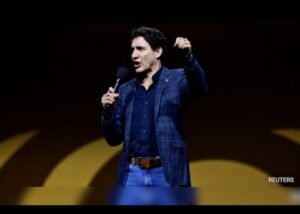
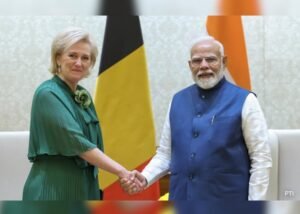
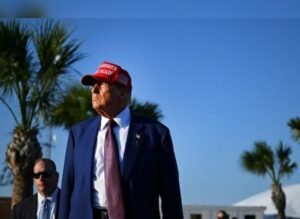
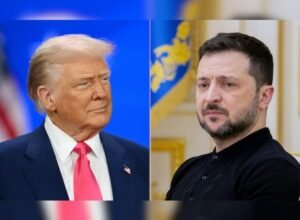
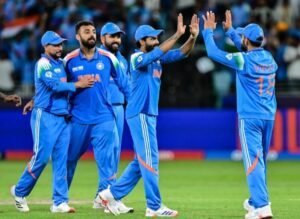
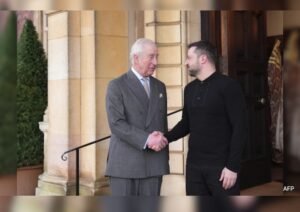

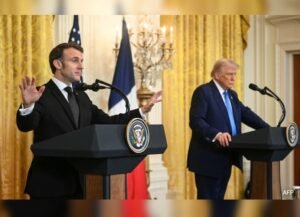
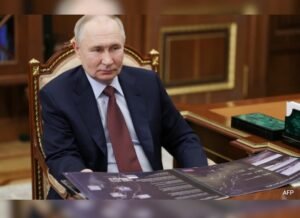
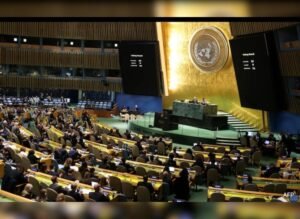
Post Comment